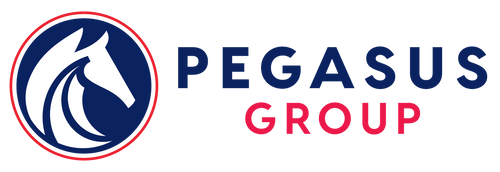Awareness of ecological concerns is growing throughout society, and the textile industry is no exception. As environmental issues become more and more relevant, consumers are demanding ever higher standards, and companies across the industry are looking for new ways to respond to them. This variety of emerging practices is part of a new economic model known as the circular economy.
The Circular Economy
The circular economy is a model of production and consumption which emphasises minimising waste. This can be achieved through reusing, recycling and repairing used items, as well as other practices which ensure materials and resources keep being re-used in the economy for as long as possible instead of being thrown away after a short usage period.
Raw material recycling is a key aspect of the circular economy which can greatly reduce the amount of resources consumed. A study by the Ellen MacArthur Foundation found that an estimated 98 million tonnes of raw materials were used for textile production in 2015, a number predicted to reach 300 million by 2050. The same study found that less than 3% of these raw materials were from recycled sources. Thus, increasing the input of recycled material is currently one of the most important actions that manufacturers can take to make our businesses more sustainable.
Sustainability at Pegasus
As a modern, forward-thinking business, social responsibility forms a core part of our values, and being environmentally conscious is a key aspect of this. Our industry needs to face up to this responsibility and make efforts to improve our ecological footprint. That’s why we’re striving to minimise our environmental impact by introducing sustainable materials into our product ranges. Spearheading this initiative is our Ekocloth chefwear range from Pegasus Textiles.
What Is Ekocloth?
Ekocloth is an innovative new fabric developed by Pegasus that is 100% produced from recycled post-consumer PET bottles. These bottles are an excellent source of plastic that can be recycled into the supply chain and repeatedly reused in the manufacture of new items. At present, we use Ekocloth for our recycled chefwear line that includes a coordinated selection of chef jackets, aprons and cap.
How Ekocloth Is Made
Recycled PET bottles are collected and ground up, then melted down and reformulated into polyester fibre. These fibres are then spun into thread that is used to manufacture our Ekocloth garments.
Benefits of Ekocloth
Ekocloth uses less fossil fuel, produces less pollution and contributes to reducing waste by using recycled plastic. Producing 1 ton of Ekocloth uses up 6 tons less fossil fuel than 1 ton of virgin polyester yarn, resulting in an energy saving of 80%. Ekocloth also uses fewer dyes and fixing agents in its manufacture, meaning its production emits far less carbon dioxide than virgin polyester yarn. Furthermore, although it’s made from recycled material, the quality of Ekocloth is on par with and sometimes even superior to virgin polyester fabric.
Why Ekocloth?
Choosing Ekocloth is a win-win all around: you get a great product, all while helping reduce the environmental impact of the textile industry and showing your customers that you care about sustainability. You can shop our Ekocloth range in the Pegasus Chefwear section of our website.

